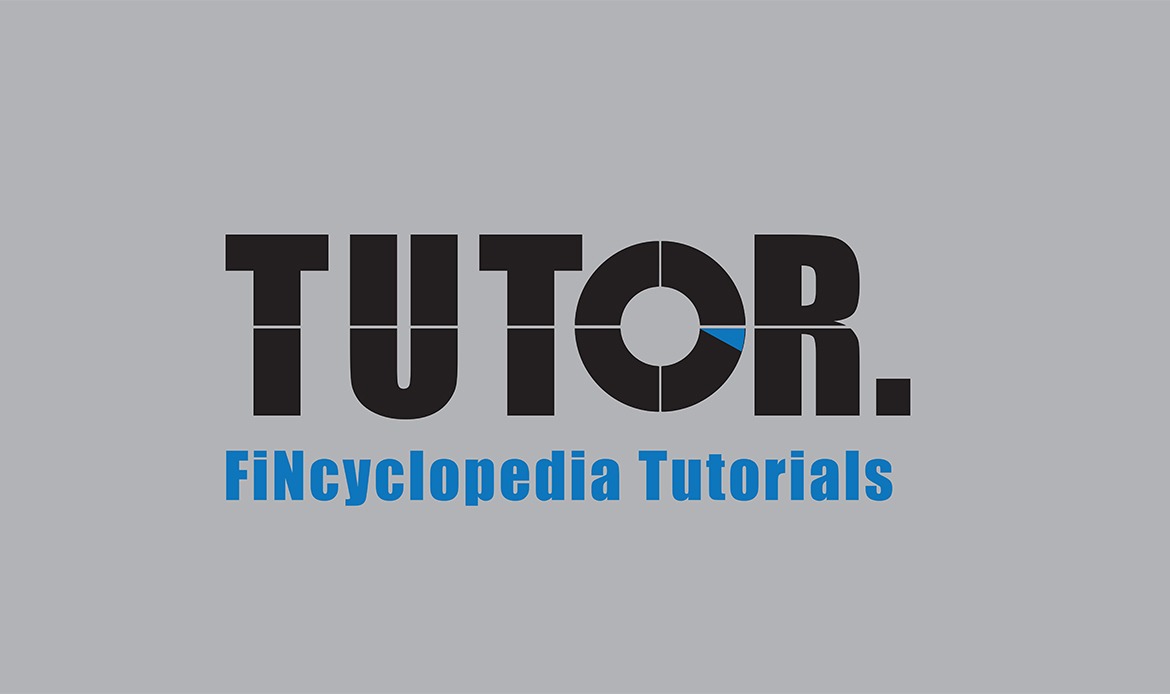Options (conventional options) are derivative contracts that give the holder the right, without the obligation, to trade (buy or sell) an underlying asset (or long or short some market variable such rates, costs, weather elements, etc.) at a preset price (the strike price) by or on a specific expiration date.
On the other hand, Islamic options may refer to an Islamic equivalent set of option-like instruments or structures (such as wa’ad, arboun, khiyar, dhaman, etc.) or a set of options (khiyarat) that are associated with contracts (uqud– plural of aqd) such as khiyar al-shart, khiyar al-ghabn, khiyar al-taghrir, khiyar al-majles, khiyar tafarruq al-safqah, khiyar al-aib, khiyar al-tadlees, khiyar al-wasf, khiyar al-tayeen, khiyar kashf al-hal, khiyar al-naqd, khiyar al-kammiyyah, etc.
Islamic options differ categorically from conventional counterparts, especially in terms of tradability, transferability, leverage, and the type of gaming involved.
| Conventional Options | Islamic Options | |
| Holding/ownership | Holding (the long is said to be holding the option) | Ownership (the party enjoying the option is considered the owner) |
| Tradability | Tradable as a separate asset class | Non-tradable |
| Transferability | Transferable | Khiyarat do not transfer upon death of the owner to his/her heirs. |
| Leverage | Conventional options provide leverage to holders | No leverage is involved |
| Type of gaming | A zero-sum game | Usually a win-win game |





Comments